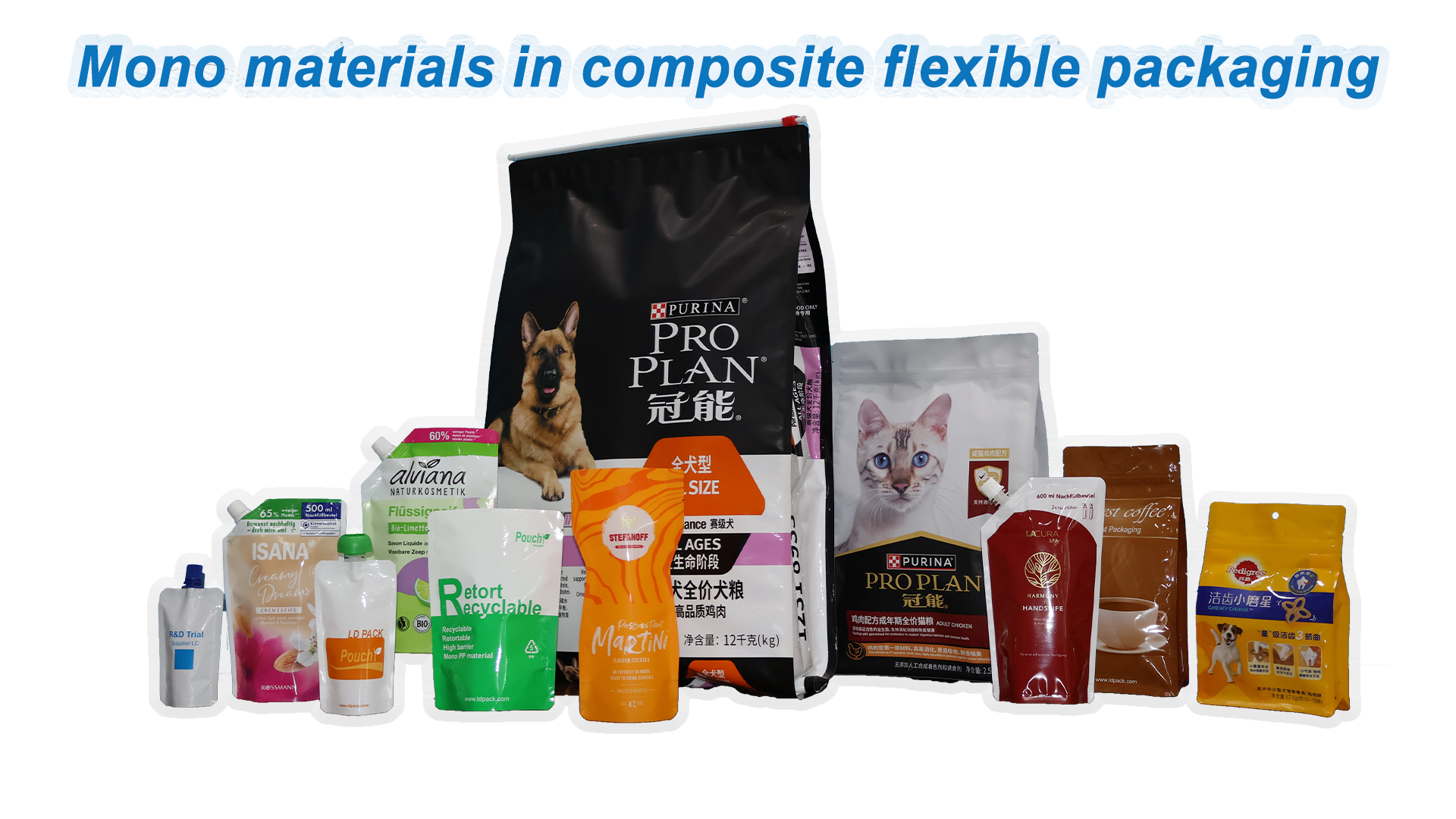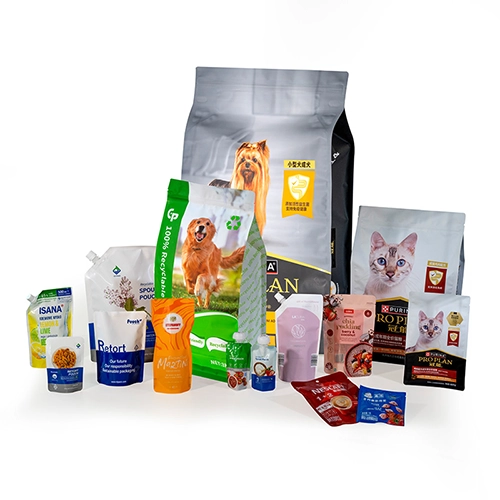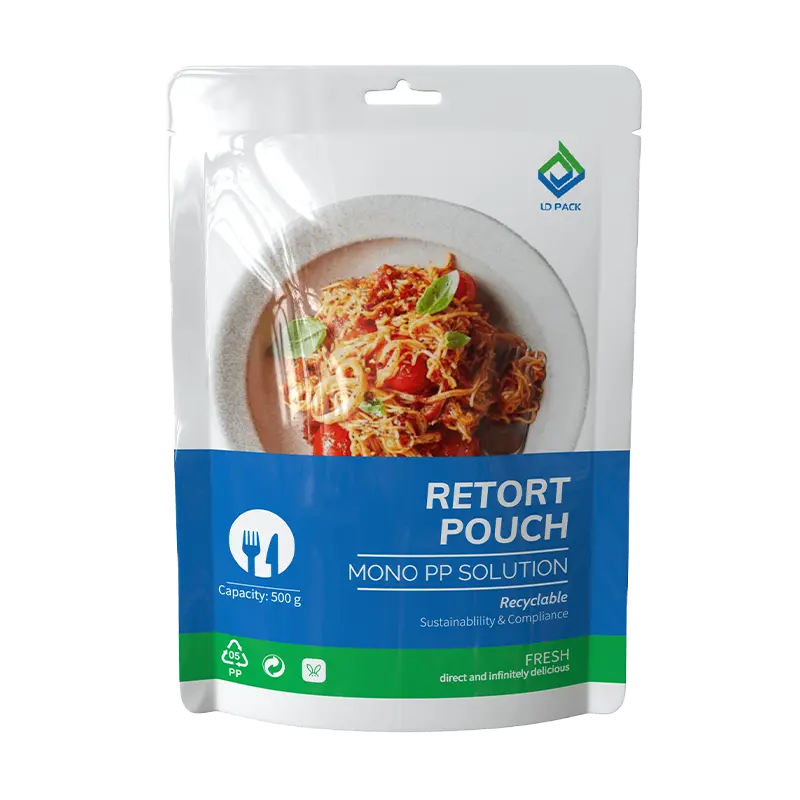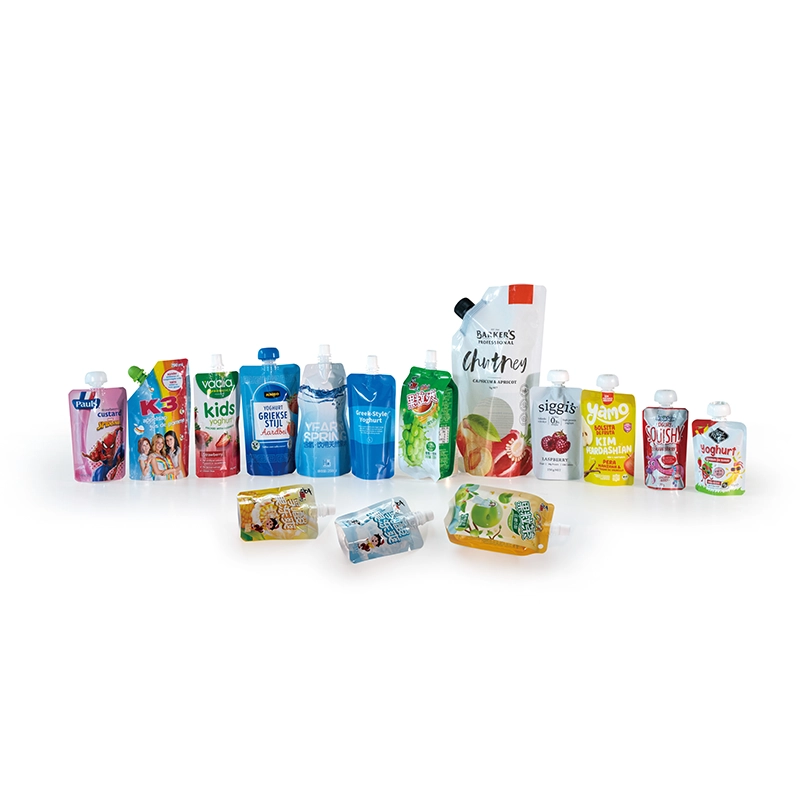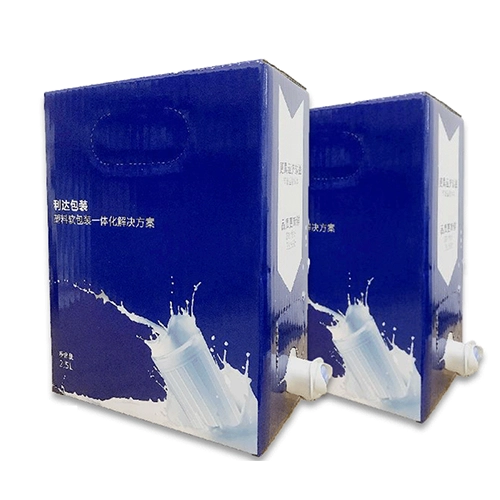The 2025 goal for fully recyclable packaging food brands
The 2025 goal for fully recyclable packaging by renowned European food brands.
Around the world, sponsored initiatives and pilot projects are underway to improve the recyclability of flexible packaging. In Switzerland, for example, recycling machines for plastic packaging are placed at the entrance of every large supermarket, and users can receive government subsidies in cash. Household waste must be sorted and disposed of according to strict schedules, such as plastic waste being collected only on Tuesday and Saturday mornings, to facilitate centralized collection and processing. Additionally, neighbors monitor each other’s waste sorting practices, with the costs of improper sorting being shared among residents of the same area. This system fosters a grassroots supervision mechanism, creating a positive environment and habitual practice of proper waste management.
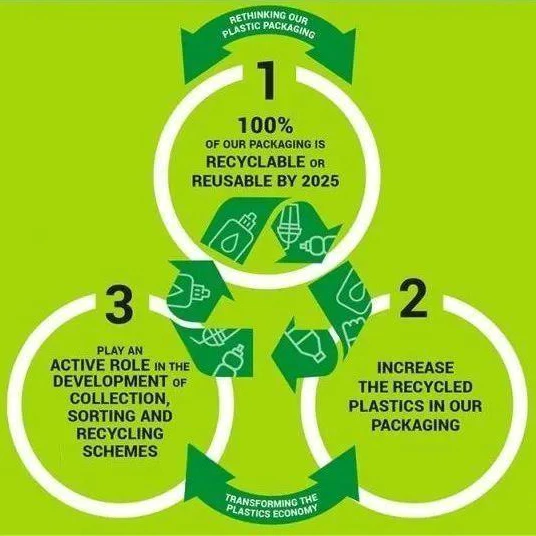
Across the globe, sponsored initiatives and pilot projects are being implemented to enhance the recyclability of flexible packaging. For instance, in Switzerland, recycling machines for plastic packaging are installed at the entrances of major supermarkets, and users can receive cash subsidies from the government. Household waste must be sorted and disposed of according to specific schedules, such as plastic waste being collected only on Tuesday and Saturday mornings, to streamline centralized collection and processing. Additionally, neighbors oversee each other’s waste sorting practices, with the costs of improper sorting being shared among residents in the same area. This system encourages grassroots oversight, fostering a supportive environment and establishing consistent waste management habits.
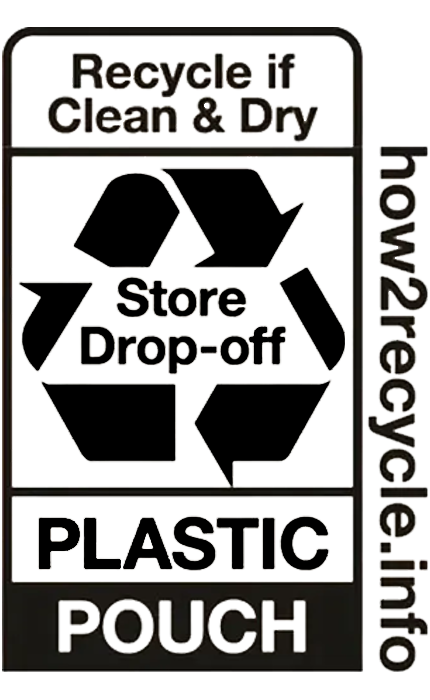
The UK is making more proactive and direct progress in advancing its recycling system.
Due to its departure from the EU and its status as a relatively resource-poor island nation, the UK has long struggled with waste management issues. British retailers have proactively pioneered the use of recyclable flexible packaging alternatives ahead of most other countries. These alternatives have been trialed for traditional frozen packaging (such as mono-material stand-up pouches, three-side seal pouches, and pillow pouches) as well as for baked goods.
The success of the UK in this area can be attributed to:
1. Advanced Industrial Technology:
The core competitiveness in manufacturing functional flexible packaging, surface treatment and coating technologies, plastic packaging recycling and sorting equipment, and chemical separation technology for ink and other inorganic impurities contributes to achieving world-leading recycling standards for mono-material packaging.
2. Well-defined Recycling Regulations & Guidance
Specialized departments are responsible for establishing and promoting rules, as well as providing appropriate planning and conditions for advancement. These regulations and guidelines help identify and address factors that influence consumer attitudes and behaviors, which in turn impact both upstream supply and downstream implementation.
Flexible packaging is the second largest and fastest-growing market in the global packaging industry. The challenge of addressing flexible packaging recycling presents significant obstacles, but it also offers opportunities in the trillion-dollar international market and the upgrading of supporting equipment. The shift from multi-material to mono-material packaging is both a proactive and wise decision, representing a market trend that any company aiming to enhance its social and brand value should actively embrace.
Mono-material recyclable flexible packaging (films, pouches): This can consist of single-layer structures or mono-material multi-layer laminates (i.e., multiple layers of the same polymer).
Recyclable flexible packaging (films, pouches): In addition to the above, more complex multi-layer materials (laminated from multiple layers of different polymers) can be selected, but this is subject to the industrial recycling conditions of various countries and markets.
Currently, LD PACK has launched mono-material flexible packaging solutions that primarily include:
High barrier mono-material recyclable packaging for nuts and grains
Puncture-resistant and oxygen barrier mono-material recyclable packaging for pet food
Laminated mono-material recyclable vacuum packaging
Puncture-resistant mono-material recyclable packaging for frozen goods
Mono-material recyclable spout pouches for beverages
Aromatic barrier mono-material recyclable rollstock for seasonings
High-transparency, anti-fog mono-material recyclable packaging for fresh products
However, the physical properties of mono-material packaging present challenges for the widespread application of functional recyclable packaging. Currently, the performance of available materials and processing methods only partially meets the needs for replacing flexible packaging in various products. Key limitations include: sterilization conditions after packed, high barrier performance, temperature resistance, automatic packaging machine compatibility, gravure printing quality and precision, flatness and aesthetic appeal, and production efficiency.
Developing new recyclable flexible packaging with the functionality and quality standards of classic products, presents both challenges and opportunities. It is crucial to advance global material technology and apply cutting-edge industry innovations, focusing on manufacturing competitive products with advanced equipment. This endeavor is both significant and demanding, requiring persistent effort and dedication.

